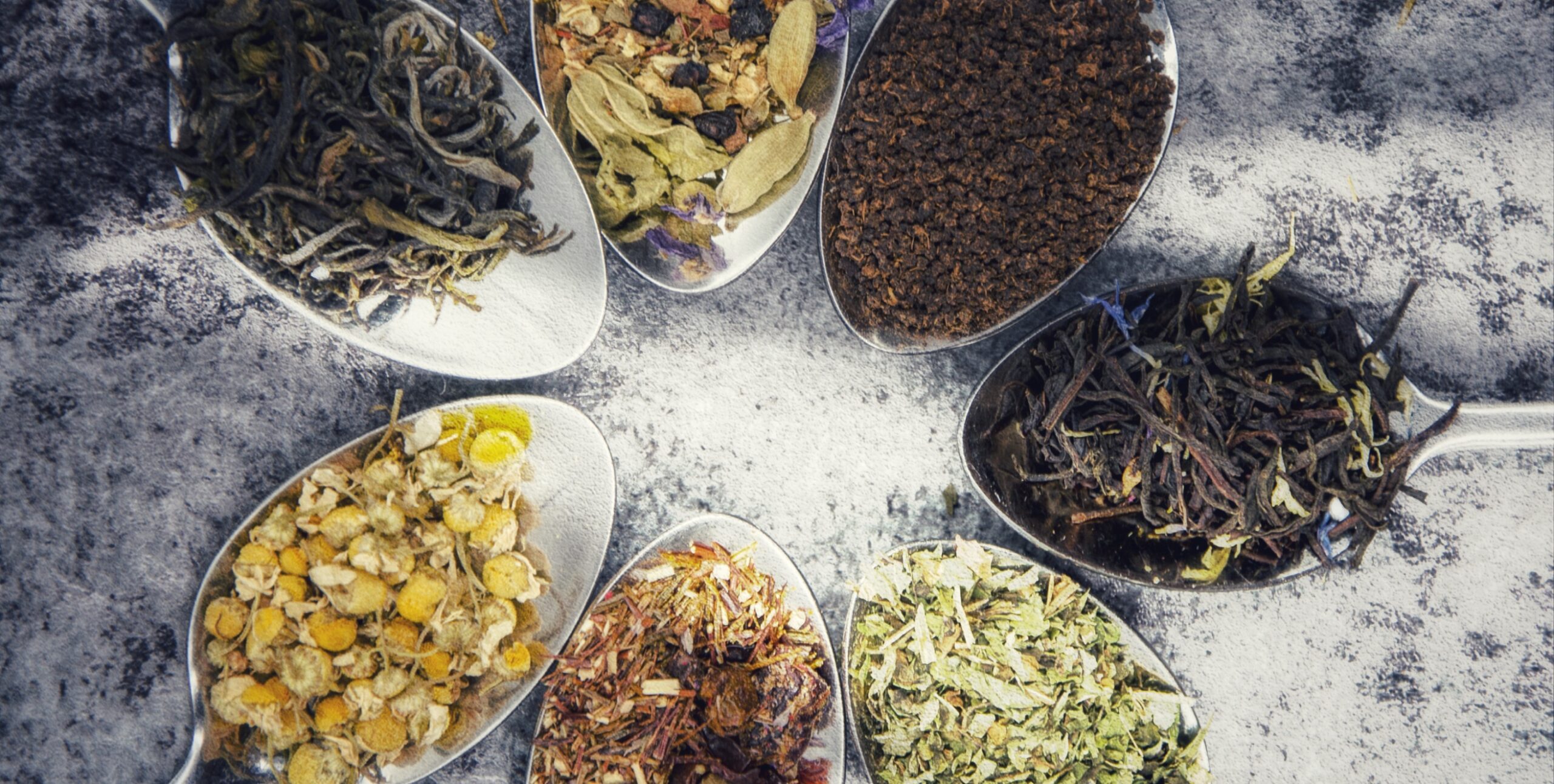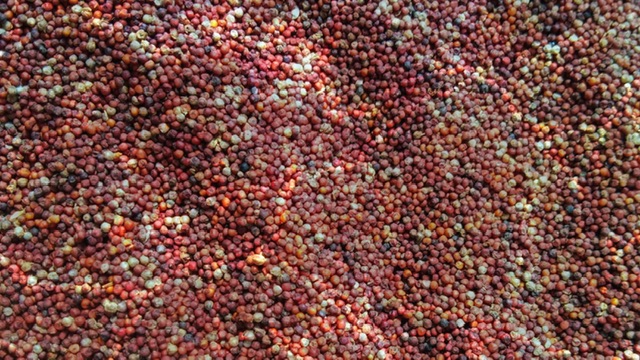Ashwagandha is one of the most popular herbs in Ayurvedic pharmacopia for the number of health benefits it is endowed with. Its name (ashwa means horse and gandha smell) suggests that it smells like a horse, but it’s not only the smell, it also imparts vigour and vitality like that of a horse. It is one of the most effective Rasayana (tonic) and Vajikarak (aphrodisiac) for men. Compared to ginseng, it is actually more effective, less expensive and comes with a host of other health benefits.
Ashwagandha is a nervine tonic and is heating in nature, therefore excellent for Vata and Kapha constitution. It can be combined with cooling herbs like Gotu Kola and Brahmi to make suitable for Pitta people.
Ashwagandha nourishes the brain, muscles, marrow and semen. It can be given as a supplement to undernourished children for tissue deficiency, elderly as well as weak pregnant women. It is also beneficial in balancing hormones, recuperating after diseases, insomnia or lack of sufficient sleep and exhaustion.
Ashwagandha is an excellent anti-ageing herb and it has shown excellent rejuvenating effects on aged animals also. It is one of the best strength building tonics.
Ashwagandha has calming effects on the brain and can induce deep, dreamless sleep.
While it can be taken in powder/capsule forms also, the best way to consume Ashwagandha is by making a milk decoction. Dosage can vary from 250mg to 3g depending on age, weight and person. A cup of milk with one cup of water mixed with ashwagandha powder is boiled on low flame till the water evaporates and milk remains. After that it is filtered, honey or raw sugar can be added before consumption.
Download the Dhyan Foundation – Sanatan Kriya App for Android here and for iOS here.





